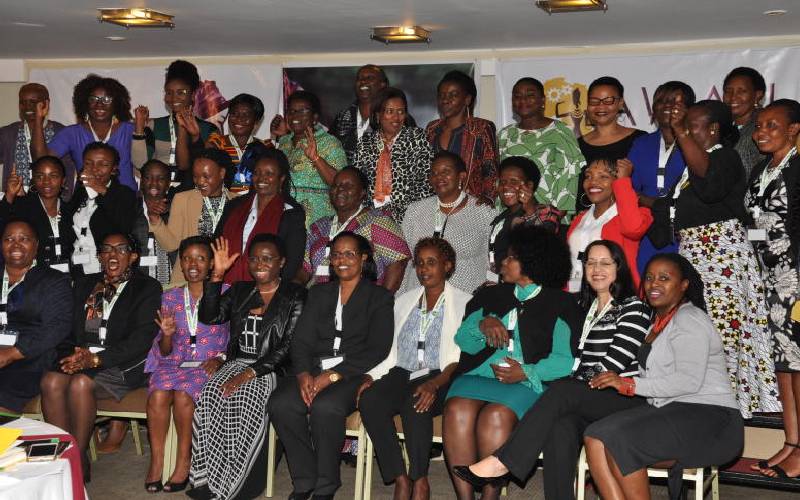×
The Standard e-Paper
Stay Informed, Even Offline

Women in agriculture at a past event funded by the European Union. [Courtesy]
1. You play a big role with regard to shaping policy that affects women in agriculture?